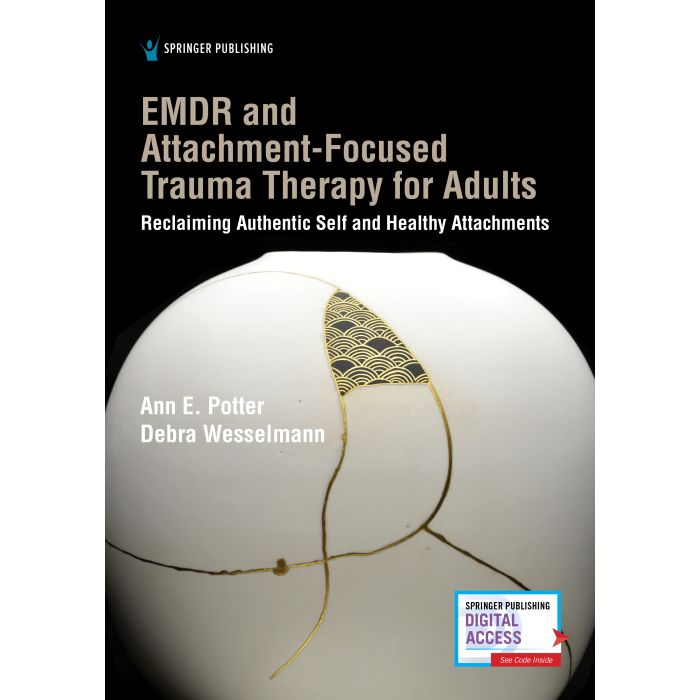Changes in posttraumatic cognitions mediate the effects of trauma-focused therapy on paranoia
Evidence suggests that in individuals with psychosis, paranoia is reduced after trauma-focused therapy aimed at comorbid PTSD.
Article Abstract
“Background: Evidence suggests that in individuals with psychosis, paranoia is reduced after trauma-focused therapy (TFT) aimed at comorbid posttraumatic stress disorder (PTSD).
Objective: To identify mediators of the effect of TFT on paranoia.
Method: In a multicenter single-blind randomized controlled trial 155 outpatients in treatment for psychosis were allocated to 8 sessions Prolonged Exposure (PE; n = 53), 8 sessions Eye Movement Desensitization and Reprocessing (EMDR) therapy (n = 55), or a waiting-list condition (WL; n = 47) for treatment of comorbid PTSD. Measures were performed on (1) paranoia (GPTS); (2) DSM-IV-TR PTSD symptom clusters (CAPS-IV; ie, intrusions, avoidance, and hyperarousal); (3) negative posttraumatic cognitions (PTCI; ie, negative self posttraumatic cognitions, negative world posttraumatic cognitions and self-blame); (4) depression (BDI-II); and (5) cognitive biases (ie, jumping to conclusion, attention to threat, belief inflexibility, and external attribution), cognitive limitations (ie, social cognition problems and subjective cognitive problems), and safety behaviors (DACOBS). Outcome in terms of symptoms of paranoia (1) and potential mediators (2–5) were evaluated at posttreatment, controlling for baseline scores.
Results: The effects of TFT on paranoia were primarily mediated by negative self and negative world posttraumatic cognitions, representing almost 70% of the total indirect effect. Safety behaviors and social cognition problems were involved in the second step mediational pathway models.
Conclusions: Targeting the cognitive dimension of PTSD in TFT in psychosis could be an effective way to influence paranoia, whereas addressing safety behaviors and social cognition problems might enhance the impact of TFT on paranoia.”
—Description from publisher
Article Access
Open Access
van der Vleugel, B. M., Libedinsky, I., de Bont, P. A. J. M., de Ross, C., van Minnen, A., de Jongh, A., van der Gaag, M., & van den Berg, D. (2020). Changes in posttraumatic cognitions mediate the effects of trauma-focused therapy on paranoia. Schizophrenia Bulletin Open, 1(1), sgaa036. Open access: https://doi.org/10.1093/schizbullopen/sgaa036
Date
July 30, 2020
Creator(s)
Berber M. van der Vleugel, Ilan Libedinsky, Paul A. J. M. de Bont
Contributor(s)
Carlijn de Roos, Agnes van Minnen, Ad de Jongh, Mark van der Gaag, David van den Berg
Topics
PTSD, Psychosis/Schizophrenia
Extent
11 pages
Publisher
Oxford Academic
Rights
© The Author(s) 2020. Published by Oxford University Press on behalf of the University of Maryland's school of medicine, Maryland Psychiatric Research Center. This is an Open Access article distributed under the terms of the Creative Commons Attribution Non-Commercial License (http://creativecommons.org/licenses/by-nc/4.0/), which permits non-commercial re-use, distribution, and reproduction in any medium, provided the original work is properly cited. For commercial re-use, please contact journals.permissions@oup.com
APA Citation
van der Vleugel, B. M., Libedinsky, I., de Bont, P. A. J. M., de Ross, C., van Minnen, A., de Jongh, A., van der Gaag, M., & van den Berg, D. (2020). Changes in posttraumatic cognitions mediate the effects of trauma-focused therapy on paranoia. Schizophrenia Bulletin Open, 1(1), sgaa036. Open access: https://doi.org/10.1093/schizbullopen/sgaa036
Audience
EMDR Therapists, Other Mental Health Professionals
Language
English
Content Type
Article, Peer-Reviewed, RCT
Access Type
External Resource, Open Access





